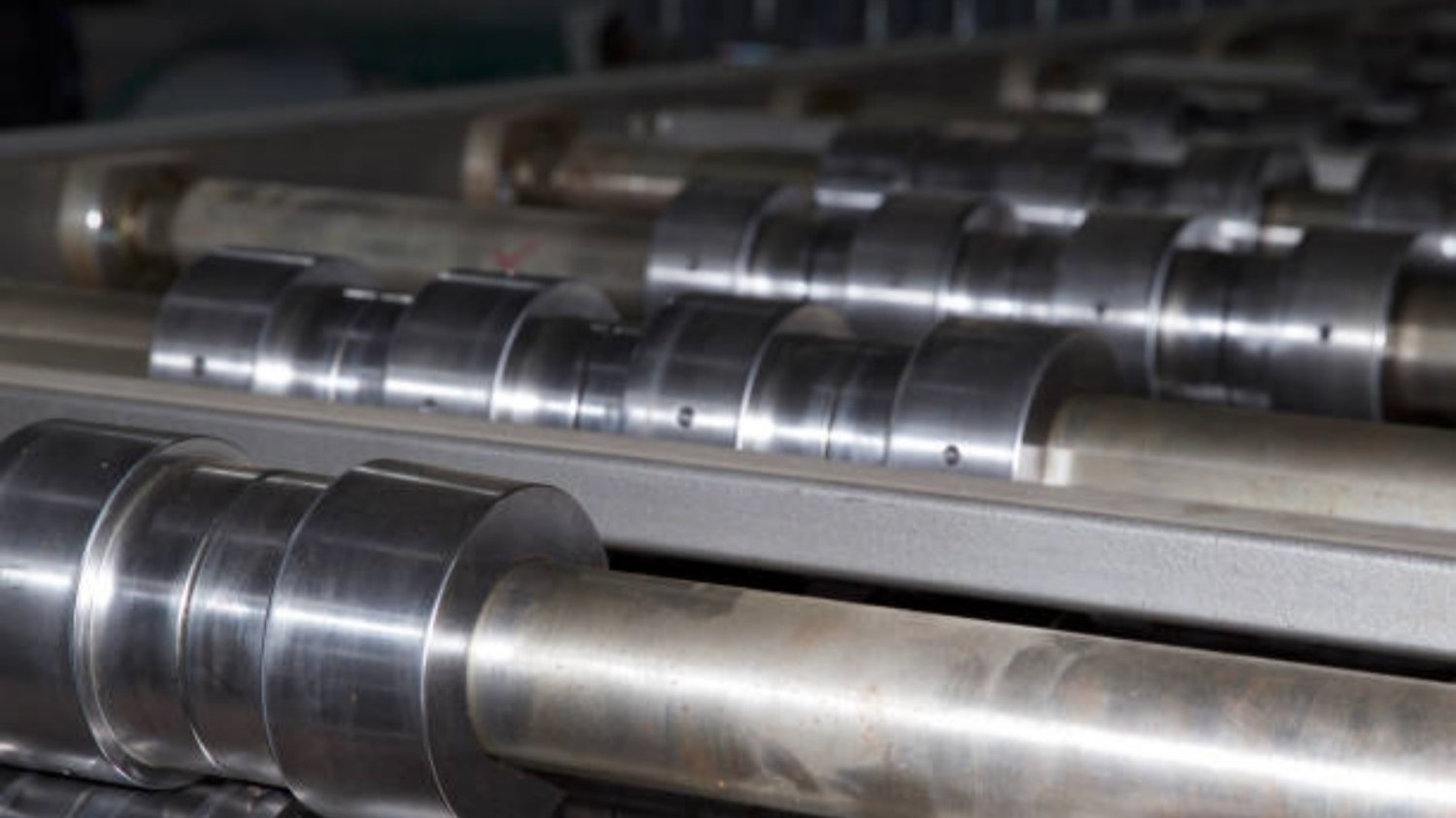Enhancing Efficiency with Roller processing innovations
In today's rapidly evolving manufacturing industry, businesses are constantly seeking innovative solutions to increase efficiency and productivity. One area that has witnessed significant advancements is roller processing. With cutting-edge technologies and novel approaches, roller processing innovations have the potential to revolutionize the way products are manufactured. This article explores ten key aspects of roller processing innovations that are reshaping the manufacturing landscape.
1. Introduction to Roller Processing Innovations
Roller processing innovations encompass a wide range of techniques and technologies used in the manufacturing industry to streamline processes and enhance productivity. These innovations involve the use of specialized rollers, which play a crucial role in various stages of production. By optimizing material handling, applying coatings, or providing support during machining, roller processing innovations offer significant advantages over traditional manufacturing methods.
2. Advanced Coating Applications of Roller processing
One of the most notable advancements in roller processing is the development of advanced coating applications. These innovations enable manufacturers to apply coatings with unmatched precision and efficiency. Roller coating technologies, such as gravure and reverse roll, allow for the uniform application of coatings on a wide range of materials. This not only enhances product quality but also reduces waste and improves overall production speed.
3. High-Speed Roller Conveying Systems of Roller processing
Efficient material handling is a crucial aspect of any manufacturing process. Roller processing innovations have led to the development of high-speed roller conveying systems that can transport materials quickly and seamlessly. These systems utilize precision-engineered rollers and advanced control mechanisms to ensure smooth and reliable material flow. By minimizing downtime and maximizing throughput, high-speed roller conveying systems significantly improve overall productivity.
4. Precision Machining with Roller Support
Roller processing innovations also play a vital role in precision machining operations. By providing support and stability during machining processes, specially designed rollers help minimize vibrations and ensure accurate cutting or shaping of materials. This level of precision is particularly crucial in industries such as aerospace and automotive manufacturing, where even minor deviations can have significant consequences.
5. Roller Heat Transfer Technologies of Roller processing
Heat transfer is a fundamental process in many manufacturing applications. Roller processing innovations have introduced advanced heat transfer technologies that offer improved efficiency and control. Roller heat transfer systems allow for precise temperature regulation during processes like drying, curing, or laminating. By ensuring uniform heat distribution and reducing energy consumption, these innovations contribute to cost savings and enhanced product quality.
6. Roller Embossing and Texturing Techniques of Roller Processing
In industries where aesthetics and surface finishes are crucial, roller embossing and texturing techniques have gained significant traction. These innovations enable manufacturers to create intricate patterns, textures, or embossments on a wide range of materials. By utilizing specialized rollers with carefully designed surfaces, manufacturers can enhance the visual appeal of their products while maintaining production efficiency.
7. Roller Cleaning and Maintenance Solutions
Efficient cleaning and maintenance of manufacturing equipment are essential for consistent performance and prolonged lifespan. Roller processing innovations have introduced advanced cleaning and maintenance solutions specifically tailored for rollers. These solutions include automated cleaning systems, precision lubrication mechanisms, and condition monitoring technologies. By minimizing downtime and reducing the risk of equipment failure, manufacturers can optimize their production processes.
8. Roller-Integrated Quality Control Systems of Roller processing
Ensuring product quality is a top priority for manufacturers. Roller processing innovations have facilitated the integration of quality control systems directly into the production line. By incorporating sensors and monitoring mechanisms into rollers, manufacturers can continuously assess various parameters, such as dimensions, coatings, or surface finishes. This real-time feedback allows for immediate adjustments, minimizing defects and enhancing overall product quality.
9. Roller-Based Material Handling Automation of Roller processing
Automation has become a cornerstone of modern manufacturing, enabling businesses to achieve higher levels of productivity and efficiency. Roller processing innovations have played a significant role in material handling automation. From robotic roller systems to conveyor belts equipped with intelligent rollers, these innovations enable seamless material handling, reducing the need for manual intervention and optimizing production processes.
10. Roller-Enhanced Sustainability Initiatives
As sustainability becomes increasingly important, manufacturers are actively seeking ways to reduce their environmental footprint. Roller processing innovations have contributed to sustainability initiatives by introducing energy-efficient systems, waste reduction techniques, and environmentally friendly coatings. By embracing these innovations, manufacturers can minimize their impact on the environment while improving operational efficiency and meeting sustainability goals.

